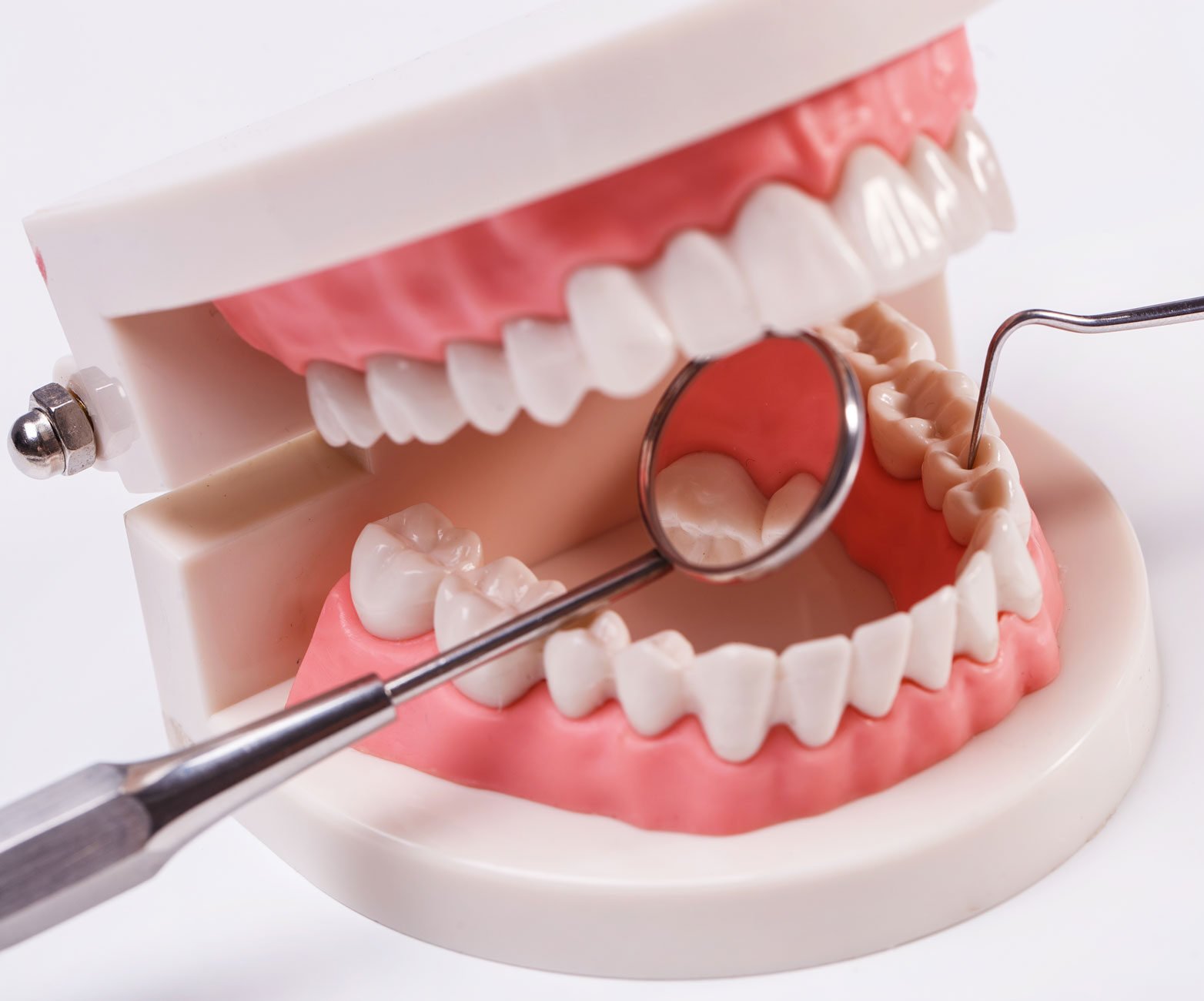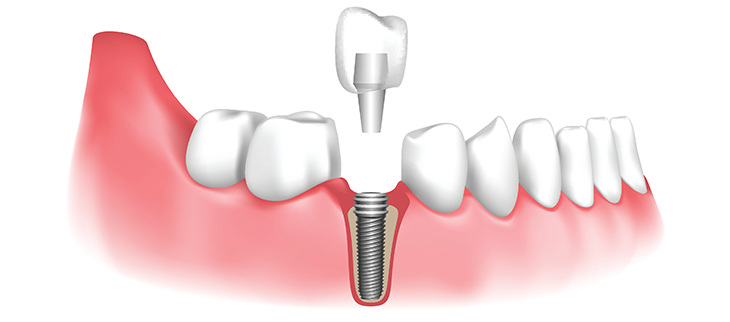Do I need a crown after a root canal? This is a common question that patients ask. After a root canal procedure, the tooth becomes weaker and more prone to fractures. Therefore, most dentists recommend placing a crown to protect the tooth. In this article, we will discuss why a crown is usually necessary after a root canal and the benefits of getting one.
Post-Root Canal Crown: Is it Essential for Dental Implants?
Post-Root Canal Crown is not always essential for dental implants, but it depends on the condition of the remaining tooth structure. If a significant amount of the tooth’s natural crown remains after the root canal treatment, then a post-root canal crown may not be necessary. However, if there is not enough tooth structure left to support the implant, then a post-root canal crown may need to be placed before the implant procedure.
When considering dental implants, it is important to have a thorough evaluation of the tooth and surrounding structures to determine the best course of treatment. The dentist may recommend a post-root canal crown to ensure the long-term success of the dental implant.
In summary, while a post-root canal crown may not always be essential for dental implants, it should be considered as an option based on the individual case. It is important to discuss all possible treatments with your dental professional to determine the best plan for restoring your smile.
What are the consequences of not getting a crown after a root canal?
If a patient does not get a crown after a root canal, the tooth may become weakened and more prone to fracture. This is because the nerve and blood supply to the tooth has been removed, making it brittle and susceptible to damage. Additionally, without a crown to protect the tooth, bacteria can enter the root canal system, leading to infection and the potential need for further treatment or even extraction of the tooth. It is important to follow through with the recommended treatment plan to ensure the long-term success of the root canal procedure and to preserve the natural tooth as much as possible. If a patient ultimately loses the tooth, they may consider getting a dental implant to replace the missing tooth.
Is a crown a mandatory requirement after a root canal?
No, a crown is not always a mandatory requirement after a root canal. However, in most cases, a crown is recommended to protect the tooth and prevent further damage. After a root canal, the tooth becomes weak and brittle, making it more susceptible to fracture. A crown provides an extra layer of protection, ensuring the longevity of the tooth. In some cases, a filling can be used instead of a crown, but this depends on the location of the tooth and the extent of the damage. It’s essential to discuss your options with your dentist to make an informed decision about your dental implant treatment plan.
What is the lifespan of a root canal-treated tooth without a crown?
A root canal-treated tooth without a crown can still function but may not last as long as a crowned tooth. The crown provides protection and support to the weakened tooth structure after root canal therapy. Without it, the tooth is more prone to fractures and bacterial infections that can lead to its failure. In fact, research suggests that an uncrowned root canal-treated tooth has a higher risk of needing extraction within 5-8 years compared to a crowned tooth. Therefore, it is highly recommended to get a crown placed over a root canal-treated tooth to ensure its longevity and functionality. Dental implants are also an excellent option for replacing a failed root canal-treated tooth, especially if it cannot be saved with a crown or other dental restoration.
Frequent Questions
Is it necessary to get a crown after a root canal when getting a dental implant?
No, it is not always necessary to get a crown after a root canal when getting a dental implant. If the root canal treated tooth does not require a crown due to minimal damage, the dental implant can be placed without one. However, if the tooth has extensive damage or decay, a crown may be necessary to properly support the implant and ensure successful integration. Each case is unique and should be evaluated by a qualified dental professional.
Can a dental implant replace a tooth after a root canal without the need for a crown?
No, it is not recommended to place a dental implant without a crown after a root canal treatment. Root canal treatment weakens the tooth structure, and without a crown, the tooth is more susceptible to fracture or damage. A dental implant is a titanium post that is placed in the jawbone to support a replacement tooth. It requires a healing period of several months before a crown can be placed on top of it to restore function and aesthetics. It is essential to follow the full protocol to ensure a successful outcome and prevent any issues down the line. Therefore, a dental implant should always be accompanied by a crown after a root canal treatment.
What are the benefits of getting a crown after a root canal when getting a dental implant?
Getting a crown after a root canal and a dental implant is important for several reasons. First, it provides protection and support to the underlying tooth or implant, as well as preventing any further damage or infection. A crown is essentially a cap that covers the entire tooth or implant, which can help to distribute pressure more evenly during biting and chewing.
Second, a crown can also improve the overall appearance of the tooth or implant. Because it is custom-made to match the shape and color of surrounding teeth, it can blend in seamlessly and provide a natural-looking result.
In addition, a crown can also help to prolong the lifespan of both the tooth and the implant. Without a crown, the tooth or implant may be more susceptible to chips, cracks, and wear over time, leading to further damage and potential complications.
Overall, getting a crown after a root canal and a dental implant is an important step in ensuring long-term dental health and functionality.
In conclusion, getting a crown after a root canal is essential for the health and long-term durability of the tooth. While some patients may feel that they can forgo this step, it is important to remember that the crown protects the weakened tooth and ensures that no further damage occurs. Additionally, a crown restores the tooth’s natural appearance and allows patients to continue eating, speaking, and smiling confidently. If you have recently undergone a root canal, be sure to speak with your dentist about the importance of getting a crown to support your newly treated tooth.



